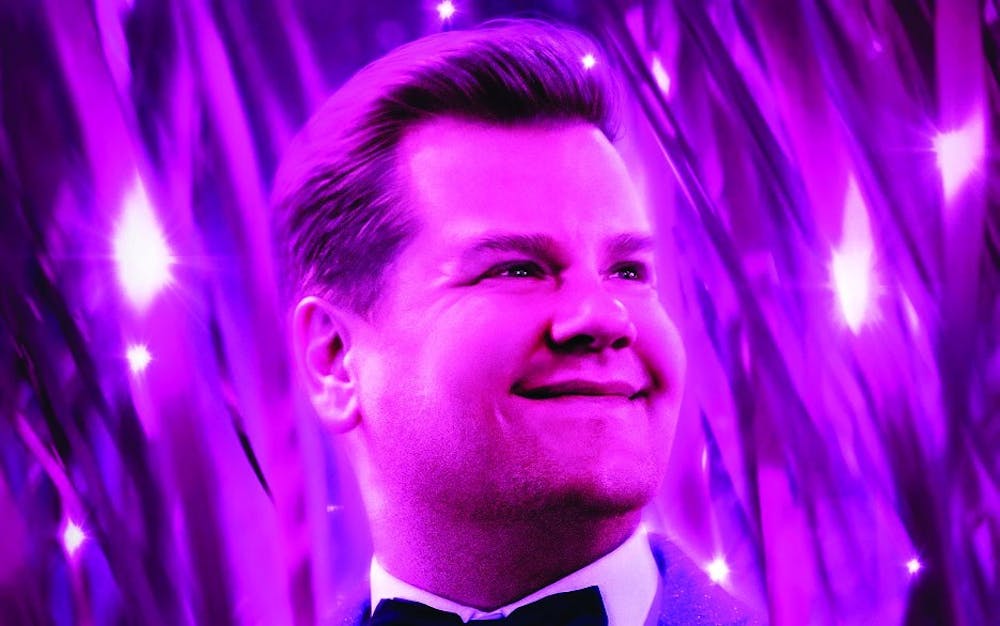Although the Golden Globes have come and gone, the award show represents an age-old problem in Hollywood that still persists today.
James Corden was among the nominations for Best Actor in a Film Comedy/Musical for his performance in Netflix’s “The Prom.” The performance was almost universally panned by critics and audiences. Corden played narcissistic Broadway actor, Barry Glickman, who is an openly gay man. However, Corden, who is a straight man, was lambasted for playing the part in an offensively stereotypical manner, a performance that was ultimately labeled as “gay face.” Despite this, he was the only actor to be nominated for the film. His nomination was another prime example that Hollywood has a hard time correctly representing LGBTQ+ actors and characters.
Do not get me wrong, major progress has been made since the olden days of Hollywood. More actors and performers are able to be open about their sexuality, like actor Elliot Page who recently came out as transgender. LGBTQ+ content like “Ru Paul’s Drag Race” and “Queer Eye” still dominate the ratings and correctly portray what it is like in the LGBTQ+ community. However, that doesn’t mean the industry has entirely been successful in representing the community properly. Hollywood’s major issue is the industry’s choice to cast straight actors for gay characters and using gay characters as a marketing tool.
The most familiar culprit is Disney. Considered a company that puts on the face of being progressive, Disney has continued to write gay characters as outdated. In 2017, the company announced that Lefou would be gay in the “Beauty and the Beast” live action remake. The company implied that it would be a major part of Lefou’s character, but upon release, this revelation was relegated to the very final scene of the film for a total of five seconds. The same can be seen in 2019’s “Star Wars: The Rise of Skywalker,” which proclaimed that the film would have the first onscreen same sex kiss for the “Star Wars” franchise. Once again, it was a two-second moment relegated to the background of the final scene.
Actress Kristen Stewart said during an interview.“I have fully been told, ‘If you just like do yourself a favor, and don’t go out holding your girlfriend’s hand in public, you might get a Marvel movie.”
Not all performances by straight actors are offensive, and most of them are not intended to offend. The problem with these perfromances is that they rob talented LGBTQ+ actors of opportunities to be represented in their most true form. Time and time again, film studios and production companies will promote their characters as members of the community. However, in order to pander to a broader audience and foreign film markets that don’t support the community, these characters essentially are straight and only ever briefly mention their sexual identity at the most surface level. Instead of making gay characters actual characters, they make being gay their only character. Essentially, they would rather have them be a corporate tool than accurate representations.


The Slate welcomes thoughtful discussion on all of our stories, but please keep comments civil and on-topic. Read our full guidelines here.